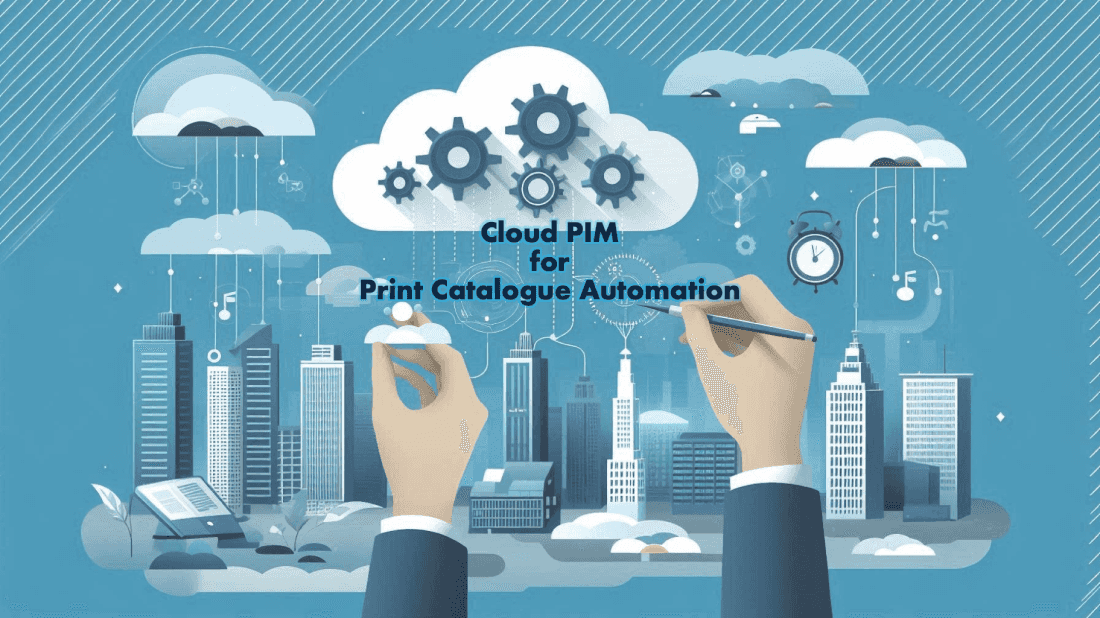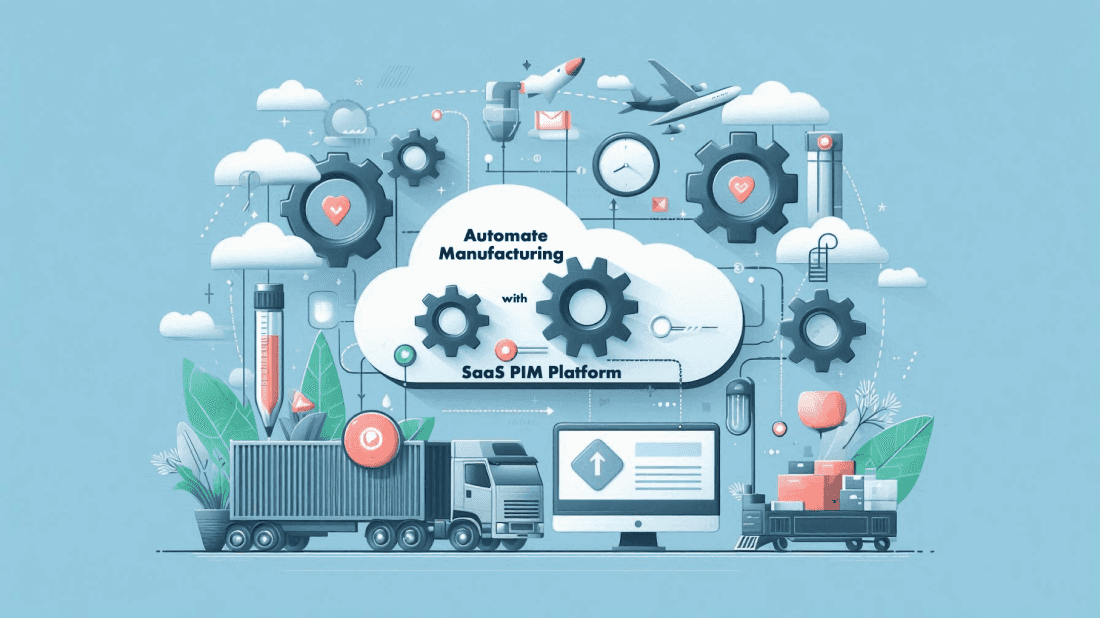May 20th, 2024
Leveraging PIM for Superior Data Governance in B2B Manufacturing
Categories:Product Information Management SystemIn the competitive landscape of B2B manufacturing, efficient data governance is essential for managing complex supply chains and ensuring product quality.
Advanced Product Information Management (PIM) systems play a critical role in centralizing and enriching product data, thereby enhancing transparency, compliance, and operational efficiency.
Enhancing Data Transparency and Compliance
Effective data governance is crucial for maintaining accurate and up-to-date product information. A robust PIM system enables manufacturers to track and manage product data throughout the entire lifecycle, from raw material sourcing to the end-of-life stage.
Material Traceability
A PIM system provides SKU-level traceability, allowing manufacturers to monitor the origin and processing of raw materials. For example, a manufacturer can quickly identify alternative suppliers in the event of a supply chain disruption, such as a natural disaster, ensuring continuity and minimizing losses.
Regulatory Compliance
With increasing regulatory requirements, such as the EU’s Digital Product Passport, PIM systems help manufacturers comply with these mandates by maintaining accurate and consistent data. This ensures that all product information is readily available and up-to-date, simplifying compliance and reducing the risk of penalties.
Optimizing Product Development and Production
PIM systems not only enhance data governance but also provide valuable insights that drive product development and optimize production processes.
Customer Insights and Product Development
Integrated Digital Shelf Analytics (DSA) within PIM systems offer insights into customer preferences and buying behaviors. For example, a manufacturer of industrial machinery can identify which configurations are most popular and adjust their product lines accordingly to meet market demand and increase profitability.
Production Efficiency
PIM systems facilitate the onboarding of environmental impact data, helping manufacturers comply with sustainability regulations and optimize production processes. This includes tracking the carbon footprint of manufacturing activities and ensuring sustainable practices are followed.
Improving Supply Chain Circularity
The transition towards a circular economy requires detailed data governance. PIM systems are essential for managing product information throughout the entire lifecycle, from initial production to recycling and repurposing.
Sustainable Resource Management
PIM systems support the complete product journey, from raw material sourcing to recycling, enabling more efficient resource utilization. By tracking the origin and use of materials, manufacturers can identify opportunities to introduce circularity and reduce environmental impact.
End-of-Life Management
Managing the end-of-life stage of products is crucial for achieving supply chain circularity. PIM systems help manufacturers track and manage the disposal, recycling, or repurposing of products, ensuring compliance with sustainability goals and reducing waste.
Selecting the Optimal PIM Solution
Choosing the right PIM software is crucial for maximizing its benefits. Look for features such as data enrichment, digital asset management, and extensive integration options. Cloud-based PIM and open source PIM software solutions offer scalability and flexibility, making them ideal for growing businesses.
Conclusion
For B2B manufacturers, leveraging a PIM system provides a comprehensive solution for managing data and driving growth. Understanding the unique benefits of PIM will help you make an informed decision and implement the best product information management strategy for your business.
By utilizing the best PIM software and following best practices, manufacturers can ensure they have the right tools to manage product information effectively, drive efficiency, and enhance customer experiences. Whether you choose a cloud-based PIM, an enterprise PIM, or a PIM SaaS solution, the benefits of PIM for manufacturers are clear. Implementing a robust PIM system can transform your data management processes and support sustainable growth in the competitive B2B landscape.
With PIM, manufacturers can better manage product catalogs, streamline data import processes, and ensure the accuracy and consistency of product information. This capability is particularly valuable for manufacturing companies that deal with complex and varied product lines.
Summary of Neurologik ProductHub
At Neurologik.io, we offer the ProductHub solution, an all-in-one PIM, PDM, MDM, and DAM system designed specifically for B2B manufacturers. Our platform centralizes, enriches, and synchronizes product data, ensuring accuracy and consistency across all channels. By significantly reducing integration costs and enhancing operational efficiency, Neurologik.io’s ProductHub helps manufacturers maintain seamless, up-to-date product information, improving market responsiveness and driving business growth.
Request a demo to learn more about the most advanced system for B2B manufacturers.







